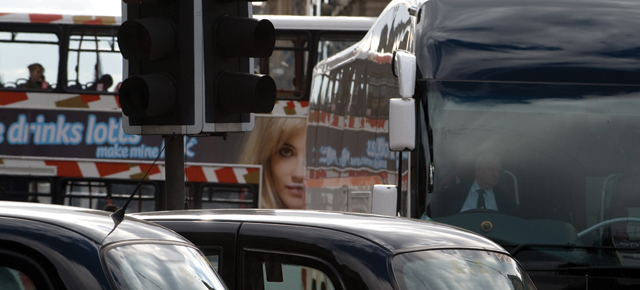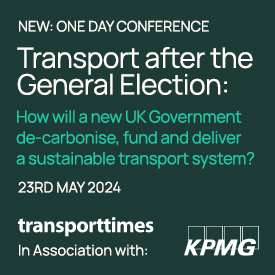Research by Edinburgh Napier University suggests pandemic will deter public from using buses and trains, hindering key government objectives

The Covid-19 pandemic may have long-term repercussions for the use of public transport in Scotland, a new study by Edinburgh Napier University suggests. A survey found far fewer members of the public anticipate using buses, trains and aeroplanes after the country emerges from lockdown.
The Impact of Covid-19 on travel behaviour, transport, lifestyles and location choices in Scotland report was produced by the University’s Transport Research Institute with backing from the Scottish Funding Council. Nearly 1,000 (994) Scottish residents completed a detailed survey, designed to inform understanding of how Covid-19 might alter travel choices in the near future and guide appropriate policy responses. Participant age and gender were broadly representative of the wider population.
The survey found 45% of respondents expected to walk more, 29% expected to cycle more and 25% expected to drive their car more in the post-Covid future than they did before the pandemic.
However, in stark contrast, 42% anticipated using aeroplanes less, 36% using buses less and 34% using trains less. The most common reasons given for using public transport less in the future were the possibility of getting infections from other passengers, lack of cleanliness/hygiene on board and overcrowding.
Although part of it may be due to current overexposure to discussions about infective diseases and so be transient, such lack of confidence in public transport is not good news for the industry
“Although part of it may be due to current overexposure to discussions about infective diseases and so be transient, such lack of confidence in public transport is not good news for the industry,” said Dr Achille Fonzone, associate professor of transport analysis and planning at Edinburgh Napier. “It is not good news for Scotland either, considering the importance of public transport to ensure an equitable and sustainable mobility.”
Dr Greg Fountas, from the University’s School of Engineering and the Built Environment, said: “A shift to private cars post-pandemic would hamper the efforts to drastically reduce the carbon footprint of the transport sector. That is alarming for Scotland, where transport constitutes the largest source of greenhouse emissions – more than one third of the country’s total emissions in 2018, according to the Scottish Government.”
The potential loss of demand for public transport must be understood better and suitable actions must be taken as soon as possible
Fonzone added: “Reducing inequalities and the impact on the environment are the two top priorities of the National Transport Strategy of the Scottish Government. The potential loss of demand for public transport must be understood better and suitable actions must be taken as soon as possible.”
In other findings, over half of workers (54%) expect to work from home more in the post-Covid future than they did before the pandemic and 64% stated that they will use technology more to communicate with colleagues, customers or clients. Over half (52%) of respondents expect to use technology to communicate with family and friends more.
When asked about their future shopping habits, 45% expected to do more online non-grocery shopping in the future and 36% anticipate using home delivery for supermarket shopping more.
This article appears alongside further coverage in the latest issue of Passenger Transport.
DON’T MISS OUT – GET YOUR COPY! – click here to subscribe!







